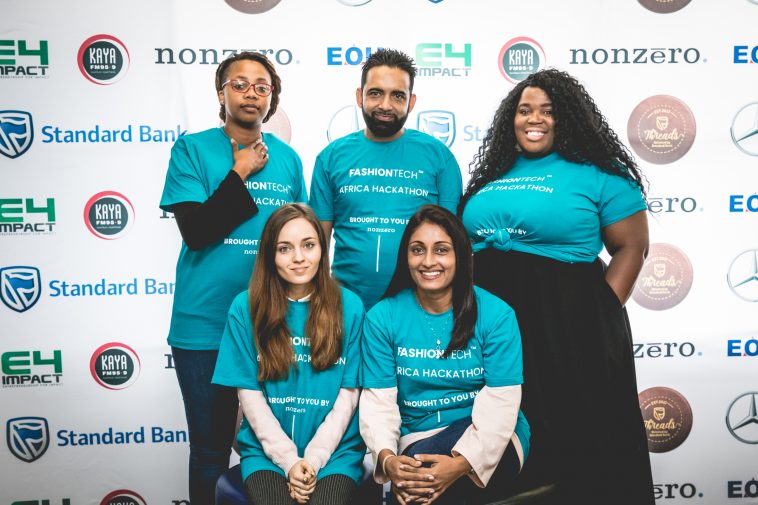We can ascertain that the largest percentage of clothes worn by people today are not African made or locally designed. This is not different from the findings of African Development Bank Group. The group says that sub-Saharan Africa only serves 1% of the world fashion exports. The question that many will ask themselves is if the fusion of fashion and tech that is fashiontech makes the continent more competitive in the global fashion industry.
According to Mustapha Zaouini, the owner of a tech studio based in Johannesburg, the African fashiontech solutions market is still below standards though on the rise. He refers to the McKinsey Global Fashion Index that indicates that the sales in the sector will triple between 2016 and 2018. The rise will be around 3.5% to 4.5% in reference to 1.5%. On 16th April 2018 Fliptin studio owned by Zaouini got the chance to host the FashionTech Africa Hackathon. The event was hosted in partnership with NonZero, a business consultancy group, and the Tshimologong Digital Precinct as part of the graduation event of the Standard Bank fashion accelerator.
The hackathon lasted for 24 hours and the climax came on 18th April at the FashionTech Africa Conference in Johannesburg. Three groups got the chance to showcase a live demo. According to Zaouini, the main goal of the hackathon was to develop innovative solutions to ways through which technology can help merging with the fashion sector both online and offline. He adds that this was an opportunity to come up with solutions that are influenced by technology. Therefore helping to improve the African fashion sector and develop products that can offer global competition. Furthermore, the hackathon was the last challenge for designers from Standard Bank. This was a fashion accelerator that lasted for 12 weeks.
The accelerator targets to arm fashion entrepreneurs with required skills. The skills are in the fields of e-commerce, logistics, marketing, franchising, and accounting. This will enable them to put up sustainable and profitable businesses. The accelerator takes place across Port Elizabeth, Durban, Cape Town, and Johannesburg. The accelerator also aimed at placing the entrepreneurs in the digital world. This will help them to get new ways on which technology can improve their ventures. Below are the groups that participated in the hackathon.
Arnaud Kim Kimard Studio’s CEO was in charge of an augmented reality (AR) group. The group developed virtual stylist and changing room that can tell more about the test of the buyers. Apart from making recommendations, the app helps buyers to mix and match clothing in reference to their previous preference.
Brian Bikitsha CEO of Alt 360 was in charge of the virtual reality (VR) group. The group created an app that helps customers to buy their personal products like underwear and socks without being concerned about leaving their home and hygiene.
Mohammed Hassen CEO of Red Apple was in charge of the 3D group. The group developed the Living Sole app that helps the customers to scan their foot. Thereafter the manufacturers use data from 3D to develop customized shoes.
However, Phathwa Senene CEO of Smart City who was supposed to lead an IoT group never took part in the event. The VR group emerged the overall winner of the heckathon. They were rewarded by a panel that comprised of marketing experts, startup analysts, and investors. They won the award since they were able to give a detailed experience of retailers and client’s journey. The second place saw both 3D and the AR taking the award. According to Kim, the main aim was to contribute towards changing the whole phase of the business and offering the best to the customers.
Zaouini advises startups not to focus on one area since that will disadvantage the entrepreneurs. For instance, 3D influences the product while IoT together with AI brings new opportunities on the sides of the retailer. He adds that the e-commerce sector is on a gradual growth. However, there are still many models that are run by AR, VR and AI and they are evolving daily.



